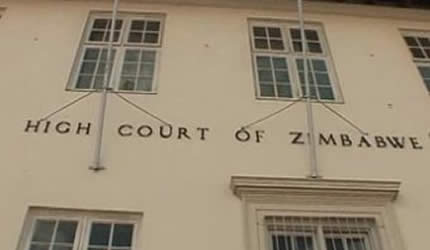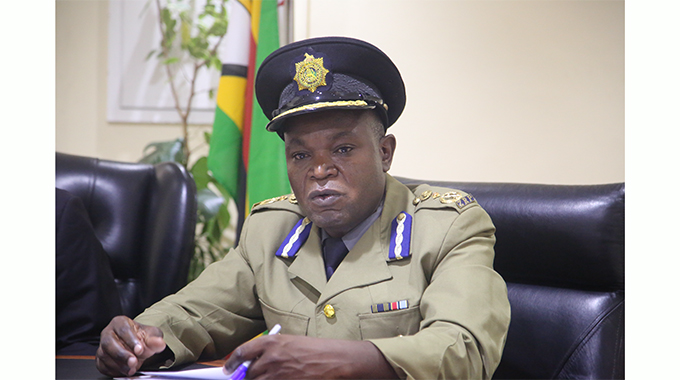JSC to recruit more assessors

Court Reporter
The Judicial Service Commission (JSC) is looking for 19 new assessors to fill vacant posts at High Courts across the country.
In common law jurisdictions, assessors are usually non-lawyers who sit together with a judge to provide either expert advice or guidance on local practices.
An assessor’s opinion or view of a case is not binding on a judge.
The High Court Act recognises the appointment of assessors of fact in any criminal trial.
According to a Press notice, suitable persons are invited to submit applications to the JSC not later than May 12.
The High Court in Harare has four vacant posts for assessors, Bulawayo three while Masvingo has two.
Gweru and Hwange circuit courts require four assessors each while Mutare circuit has vacancies for two.
According to the notice, eligible persons must be residents in the area where the posts exist.
They also must have a track record of community leadership or working in a public office. Further, the candidates must have the capacity to read and write dissenting judgments. Thy must be at least 40 years old.
Most of the assessors at the High Court are above 70 years with the oldest now aged 90. Trained judicial officers such as judges retire at the age of 70.
Last month, a murder suspect challenged the constitutionality of appointing assessors in criminal trials who have reached or are above the age of 70.
Alas Sande, who is being tried for murder in the High Court before Justice Tawanda Chitapi, is seeking an order declaring the law compelling suspects to disclose their defence at the start of trials unconstitutional.
Through his lawyer, Advocate Silvester Hashiti, Sande argues that it is legally dangerous to allow untrained assessors above 70 years to continue sitting on criminal matters.
“Assessors must of consequence be below the age of 70 as is expected of trained judicial and legal minds,” says Sande.
“It is, with respect, anomalous to expect a trained judicial mind to retire at 70 and to cease being a trier of fact and law, yet the same does not pertain to assessors of fact in a criminal trial.”
Sande further argues that litigants in civil matters are accorded protection of the law which is not accorded suspects in criminal trials.
He argues that under the civil regime, the triers of fact are below 70 and impliedly competent, whereas under criminal, no such protection is accorded.









Comments